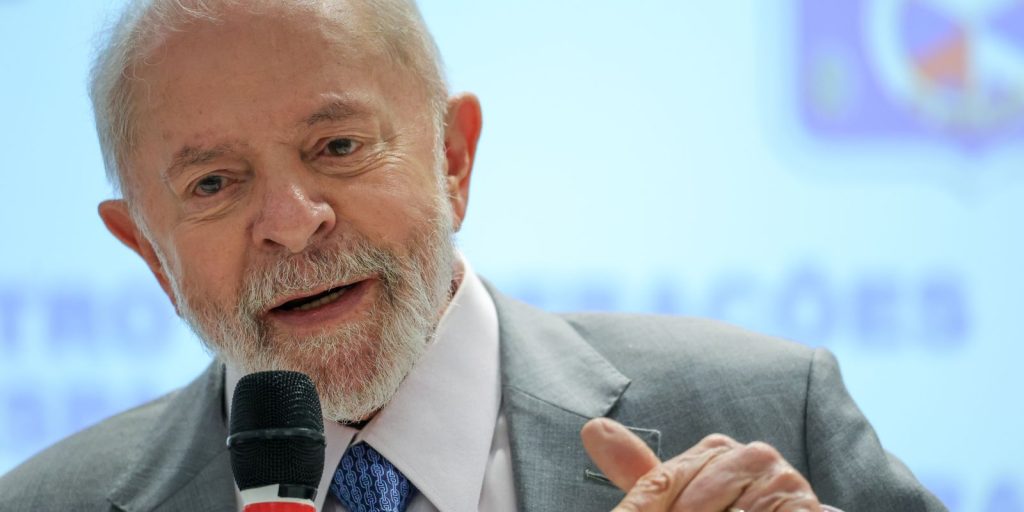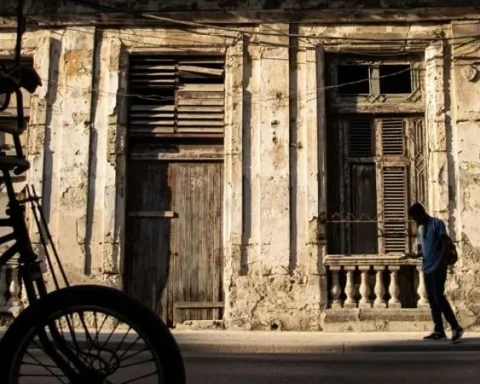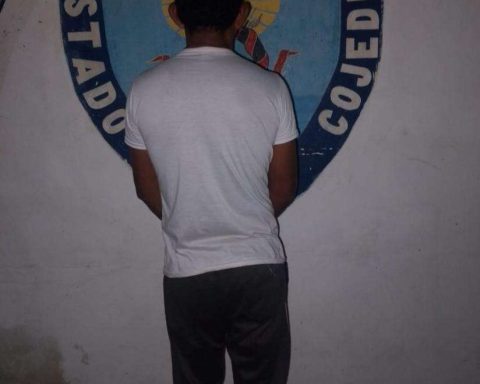Within the legacy left by former Minister José Antonio Ocampo during his time in the Treasury portfolio, is the tax reform or Law 2277 of 2022, which although it had immediate effects last year; only until 2024 are the effects being felt in the changes in regulations regarding the management and review of the taxes that were approved in Congress with this initiative.
The non-deductibility of royalties, which was dropped in the judicial branch, the reduction in the amounts and benefits when declaring income and the management that is intended to be given to the wealth tax; are some of the biggest modifications that originated with this reform and the controversy has reached such a point that precisely the last change, related to people’s property and assets, is currently in demand.
Read here: Factoring market could exceed $4.7 trillion by 2028
The Constitutional Court is currently considering a lawsuit filed by Guillermo Otálora Lozano and Humberto Sierra Porto, which argues that the approved tax on assets is unconstitutional and should be overturned by the high court, while the Ministry of Finance is awaiting the final decision to determine whether to maintain changes along this path or seek other sources of financing for the country.
The demand
According to the judicial requirements that were presented to the Court, The articles in question are 35, 36, 37, 38 and 39, through which the figure of the ‘wealth tax’ is created and is explained as a tax that covers natural persons and unsettled estates, taxpayers of income tax and complementary taxes, or of income tax substitute regimes.
Family heritage
iStock
“The wealth tax is generated by the possession of the same on the first (1) of January of each year, whose value is equal to or greater than seventy-two thousand (72,000) UVT. For the purposes of this tax, the concept of wealth is equivalent to the net worth/ calculated by taking the total gross wealth of the taxpayer owned on the same date less the debts charged to the taxpayer in force on that date,” the articles say.
Experts such as the rector of the EIA University and former Minister of Finance, José Manuel Restrepo, have described this rule as harmful to the economy, and that it cannot be allowed to end. turned into a permanent tribute, since it could be interpreted as “confiscatory”.
More news: Dian auctions: new products to be offered this week
“The permanent wealth tax is clearly confiscatory and most likely unconstitutional. So we better prepare for it, something that was said a thousand times during the 2022 reform process,” said this economist, for whom social struggle cannot be an argument to override the Constitution.
Simply put, the wealth tax is a tax which taxes the net value of taxpayers’ assets, that is, it is a financial obligation that falls on the properties or possessions that are part of the assets of a natural or legal person, a company or another type of corporation. As already stated, it applies to those who exceed 72 thousand UVT (Tax Value Unit), that is, in current values, above $3,000 million, fulfilling the Government’s promise to make “the richest” pay.

Colombian pesos
iStock
The final stretch
Although the lawsuit against the tax created in the 2022 tax reform was filed in mid-April 2023, it was not until last week that significant progress was seen, with the hearing scheduled for last week, where the vote of the magistrates did not achieve the necessary consensus, either to overturn or save these articles.
Last week, with a four-way tie between its judges, The Plenary Chamber of the Constitutional Court did not make a decision on the constitutional future of the wealth tax, which is why the new search for a final ruling was left for a future session, since a substitute judge had to be called to settle the differences.
According to the high court, last week “the majority required for approval was not obtained, for that reason, and in accordance with the regulations that govern the Court, a substitute judge was appointed to participate in the processing and final decision of the matter.”
You may be interested in: Has investment recovery begun in Colombia?
Juan Carlo Riveira, senior consultant at Holland & Knight, in the plaintiffs’ arguments it must be taken into account that it is said that the principle of tax equity is violated by giving the same treatment to taxpayers, whether or not they have the liquidity to pay a tax of a specific nature. permanent; in addition, it can be considered a tax that expropriates private property.
“A favorable ruling for the plaintiffs could significantly reduce the National Government’s revenue, which would require new tax mechanisms to compensate for the loss. This would especially benefit high-net-worth taxpayers and ease the tax burden for those seeking economic options outside Colombia,” Riveira said in this regard.
It should be noted that for the plaintiffs, the wealth tax regulated in the contested rules “violates the prohibition of double taxation that is derived from the principles of equity and progressive taxation, because it taxes the same taxable event more than once, without taking into account the taxable capacity of the taxpayer of the tax obligation, not based on an objective verification of his income but rather in light of his economic reality, which is furthermore diminished with each of the taxes imposed on him.”

Taxes
iStock
In this sense, they argue that although the assets constitute an autonomous entity, it is not distinguishable from the assets that comprise it, so the tax on the accused assets ends up taxing the same fact twice, by establishing a permanent charge on the net assets, which in turn are made up of assets taxed with other taxes.
Initially, it was indicated that the final hearing, with the substitute judge summoned, would take place between August 28 and 29, this week. However, it does not appear scheduled in the Constitutional Court’s schedule. which is why we must wait to see if it will finally be carried out or if it will be left for later dates.


















